PLANNING AN ADVENTURE IN TANZANIA?
We will reply to you today
Birds of Tanzania – Tanzania Safaris & Kilimanjaro Climbing with Kanje Grand Tours
Birds of Tanzania? With about 1125 bird species, 800 of which are resident, 200 of which migrate regularly, 24 of which are endemic to simply Tanzania, and around 43 of which are near-endemic to Tanzania and other nearby countries, Tanzania is one of the best wilderness places in Africa for seeing wildlife.
Tanzania has many national parks, lakes, woods, mountains, rivers, wetlands, and more where you may go bird watching. Serengeti National Park, Tarangire National Park, Lake Manyara National Park, Arusha National Park, and Ngorongoro Conservation Area are the top 5 birding locations. When you go on a birding safari in Tanzania, you will see a variety of colorful bird species as you stroll through several birding destinations.
It boasts one of the most extensive species lists of any country in Africa, with over 1,100 species, over 800 of which are residents and almost 200 of which migrate often. There are 42 reasonably close species that can only be found in Tanzania and its surrounding national parks, and there are 22 common species that are exclusive to Tanzania.
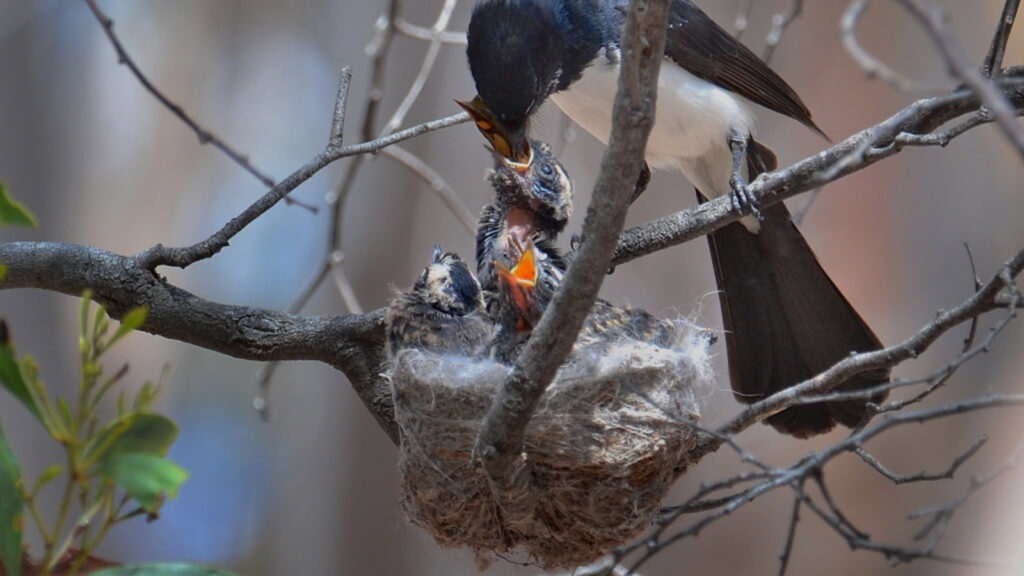
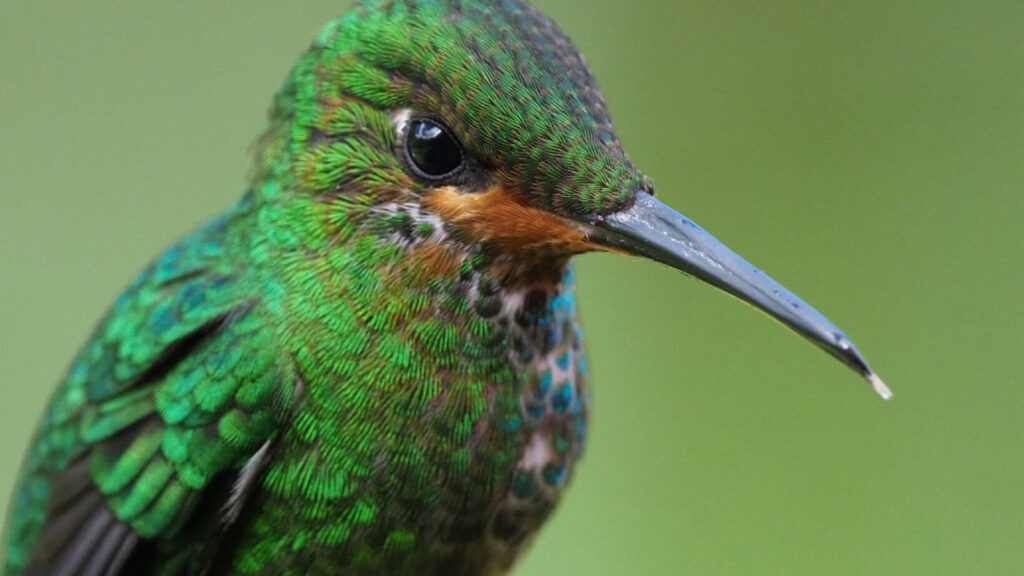
Due to its abundance of wildlife and the big wildebeest migration, Serengeti National Park in northern Tanzania is one of the most popular and earliest national parks in the world. The national park contains a variety of flora types, including woody plants, woodlands, riverine forests, grasslands, and savannah shrubs, all of which serve as homes for too many bird species.
More than 500 different bird species have been identified in Serengeti National Park, including endemic species that can only be found in Tanzania, near endemic species, and migratory birds.
With over 600 bird species identified, including migratory, water, endemic (found only in Tanzania), and near-endemic (also found in surrounding countries), Tarangire National Park is one of the world’s top birding destinations. You will see bird species like vulturine guinea fowl, northern pied babbler, yellow collared lovebird, ashy starling, rufous tailed weaver, African grey flycatcher, pink breasted lark, great white pelican, bare faced go away bird, ostrich, slate colored boubou, and Donaldson Smith’s nightjar among others while on your birding safari. In Tarangire National Park, you can see birds while on a game drive, on guided nature walks, in a hot air balloon, and other activities.
One of the best wilderness regions in Tanzania is the Ngorongoro conservation area, which is in the country’s north. With more than 600 bird species documented, including migratory, endemic, and forest species, birding is one of the main activities in the region. You can see a variety of bird species while bird watching in the Ngorongoro conservation area, including the livingstone turaco, white-eyed slaty flycatcher, kori bustard, ostrich, Kenya rufous sparrow, secretary bird, grey crowned crane, black winged lapwing, black kite, augur buzzard, Egyptian vulture, greater flamingo, hildebrandt’s starling, namaqua dove, Game drives and escorted nature walks offer opportunities to see several bird species.
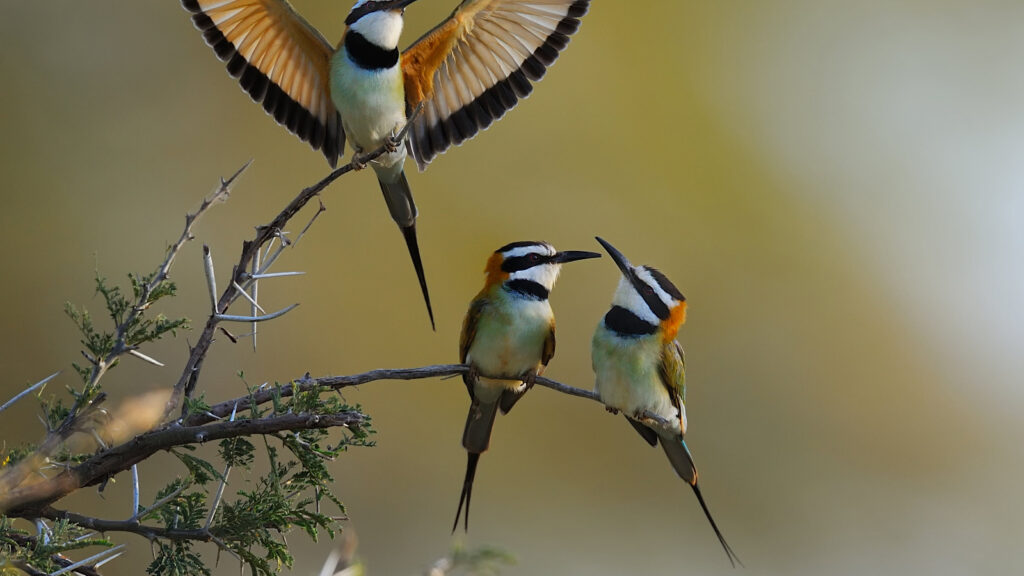
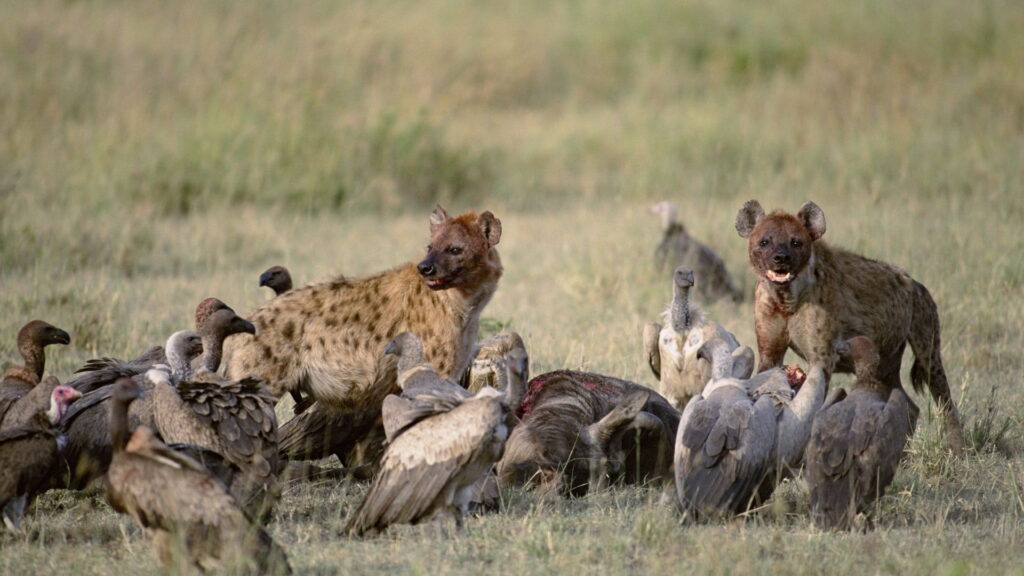
One of the best wilderness regions in Tanzania is the Ngorongoro conservation area, which is in the country’s north. With more than 600 bird species documented, including migratory, endemic, and forest species, birding is one of the main activities in the region. You can see a variety of bird species while bird watching in the Ngorongoro conservation area, including the livingstone turaco, white-eyed slaty flycatcher, kori bustard, ostrich, Kenya rufous sparrow, secretary bird, grey crowned crane, black winged lapwing, black kite, augur buzzard, Egyptian vulture, greater flamingo, hildebrandt’s starling, namaqua dove, Game drives and escorted nature walks offer opportunities to see several bird species.
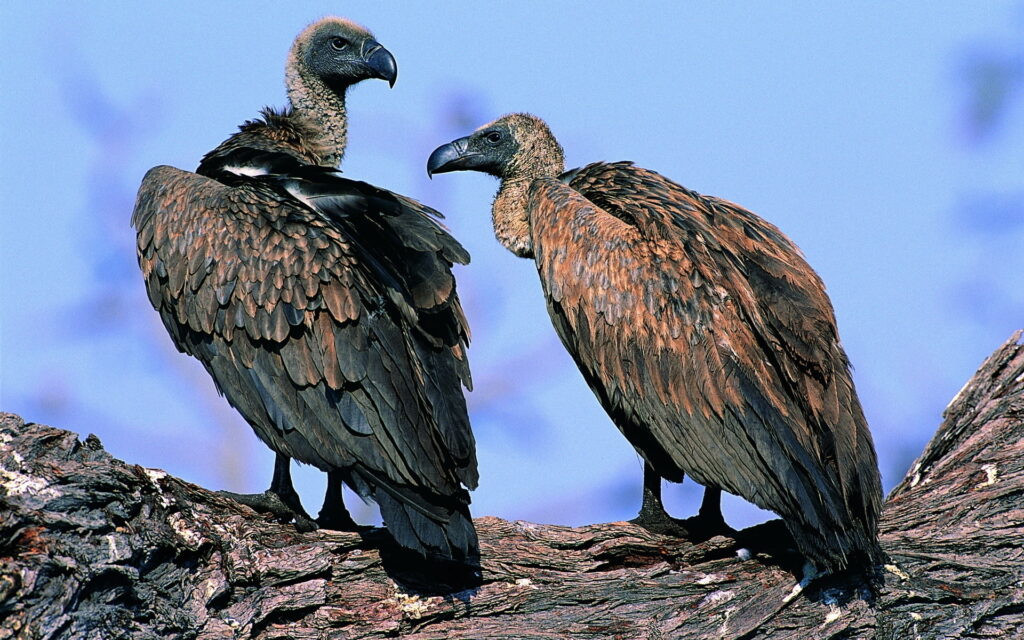
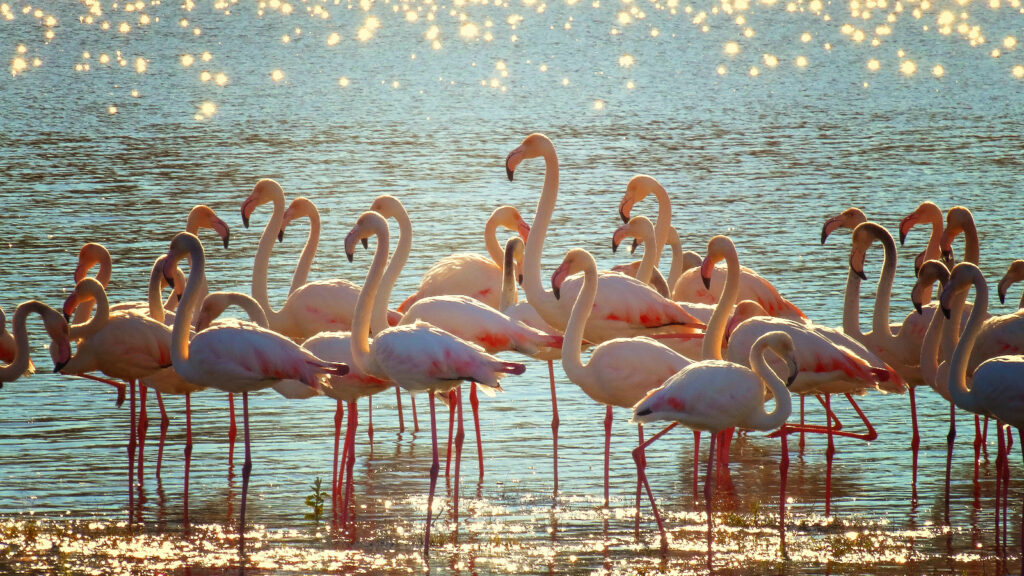
One of Tanzania’s minor protected areas, Arusha National Park is situated in the country’s northeast. The national park is renowned for being home to a variety of wildlife that is not present in other national parks. The park is one of the top birding destinations due to the presence of several water sources, with over 400 bird species documented, including aquatic, endemic, near-endemic, forest, and migrant species. Game drives, boating on the tiny Momella Lake, guided nature walks, and hiking Mount Meru, Tanzania’s second-highest summit after Mount Kilimanjaro, are all excellent ways to see birds in Arusha National Park.
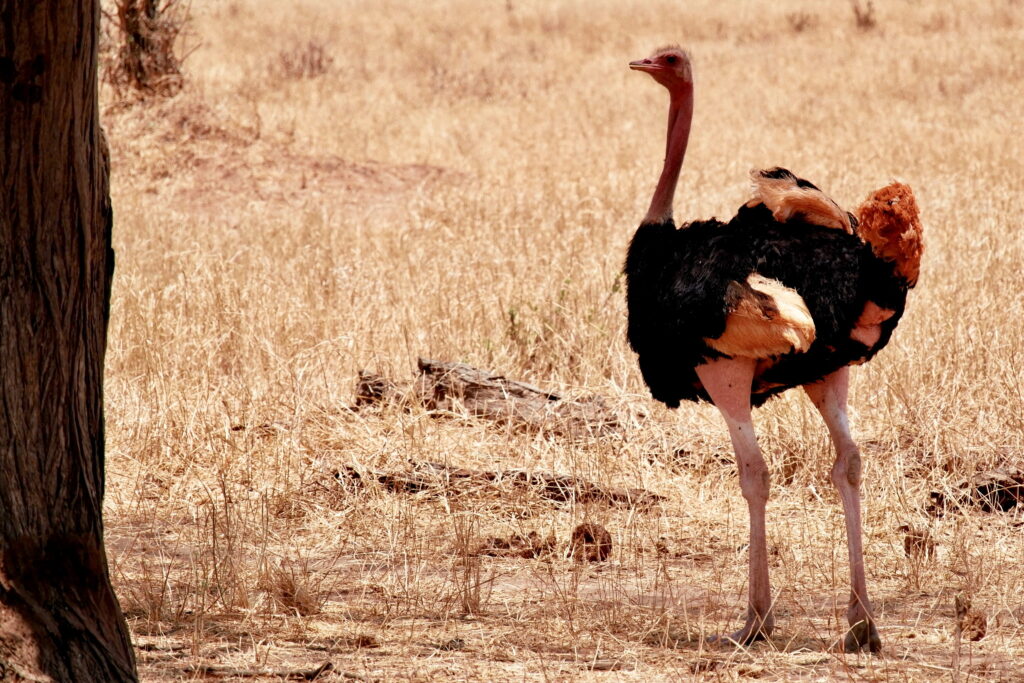
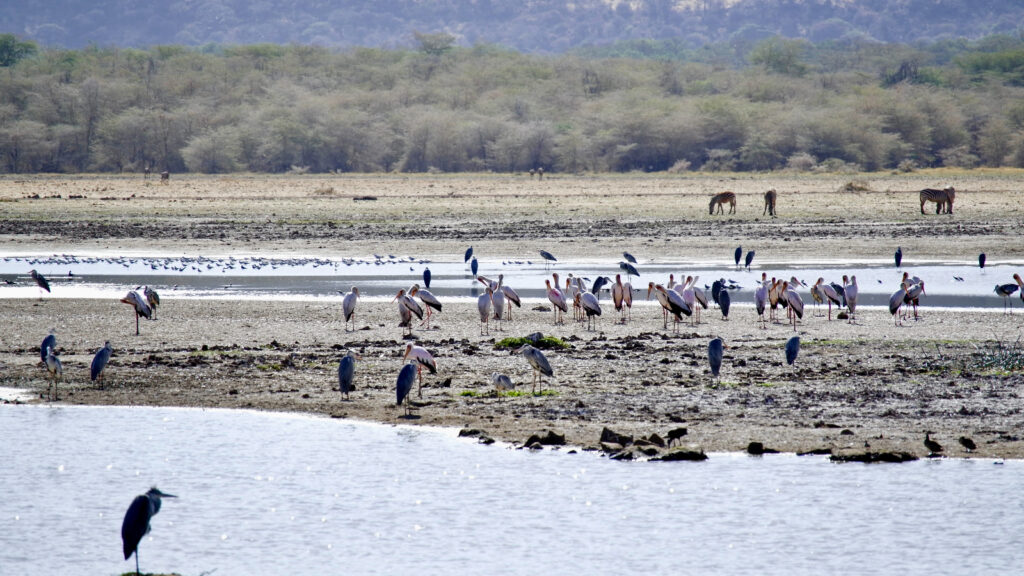
The greatest time to go birding in Tanzania is during the rain season, which runs between November to April. This is because you’ll have the highest chance of seeing migratory birds from Europe and northern Africa. Birds in breeding plumage can also be seen at this time.
We will reply to you today
Let’s get planning your private safari
We understand these are uncertain times and want to make sure you feel confident about your options if your plans change.
We allows date changes to be made within our Credit for Future Tours policy.
If you’re uncertain about when you’ll be able to travel in the future, you can convert your existing payments to credit. This way you won’t lose any of your money to potential cancellation fees. We’ll keep your money safe and you’ll be able to book your tour when you’re ready.
Cancellation of a booking or failure to join a tour will result in a retention of funds by Kanje grand tours. As follows: Upon receipt of written cancellation by any member of the tour indicated on this reservation 30 days or longer prior to departure, 20% of the reservation of the cancelling party will be retained by Great Lake Expedition and the balance of the package price refunded. If a cancellation is received at least 14 days and up to 29 days prior to departure, 50% of the package price will be retained by Great Lake Expedition. If a cancellation is received less than 14 days prior to departure, 100% of the total package price will be retained by Great Lake Expedition and all outstanding payment will become payable immediately. Should the cancelling party be able to find a replacement for themselves no less than 14 days prior to departure and the replacement completes this booking form individually, no retention of funds will take place. However, should no replacement be found by 14 days prior to departure, a 100% cancellation penalty will apply to the canceling party. Great Lake Expedition and its agents reserve the right to terminate, at their discretion and with immediate effect, the participation of any person on the tour